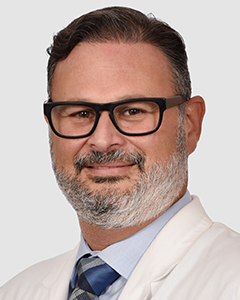Mental Health & Weight Loss Surgery
A new study indicates that there may be a greater need for mental health counseling before and after weight loss surgery.
The study, conducted by the Sunnybrook Research Institute in Toronto, involved nearly 9,000 people. Most of the study participants underwent The study found that suicide attempts increased in morbidly obese patients after they had weight loss (bariatric) surgery. The risk of people harming themselves after surgery increased by nearly 50 percent — from about two attempts for every 1,000 patients before surgery to nearly four attempts for every 1,000 patients after it.
Most of the incidents occurred in women 35 and older and in people who had been diagnosed with a mental health illness five years before surgery. 64 percent of patients had been diagnosed with anxiety before surgery, while 8 percent had been diagnosed with depression.
Researchers think that when the honeymoon period following weight loss surgery ends (the time most patients feel happiest with the results), some people have difficulty adjusting. About 50 percent of patients may regain some of their weight back after surgery and some people may deal with surgical complications that may affect their psychological health.
What this study suggests is that we need to do more and better screening before weight loss surgery, especially in people who have been diagnosed with mental illness.
Like many bariatric surgery programs, we offer comprehensive services for patients before and after surgery. A pre-surgical evaluation typically includes an assessment of the person’s overall health and whether surgery would be too high risk, given their medical and personal history. It’s hard for us to predict how people will feel after surgery, but as part of the evaluation a clinician will try to identify certain psychological risk factors and work with the treatment team to come up with recommendations for how to best help someone after surgery.
Even with all these resources, a lot of programs focus on providing support — like nutritional counseling, post-surgical evaluations and ongoing check-ups — in the year following surgery, since this is when people lose the most weight. However, the study found that most self-harm incidents occurred in the second and third years after surgery.
As doctors, we try to counsel and treat the whole individual. Our goal is to properly set expectations for life after surgery, letting patients know that it will take consistent effort to maintain their weight loss. Still, it’s difficult for many people, especially when you consider the significant lifestyle changes required to maintain long-term weight loss.
The study shows that we need to do ongoing follow-ups beyond the first year and provide even more support to patients who have been diagnosed with mental illness before surgery.
Patients need a lot of support after losing significant amounts of weight. This can come from their doctors, dietitians, nutritional counselors, friends and family, but many people also find weight loss groups helpful. If you’ve had weight loss surgery and are having challenges — whether it be one, two or even five years after surgery — seek support. Talk to your doctor about how you feel and ask if he or she can refer you to additional support or health services. The goal of weight loss surgery is to help you live the best life possible. This goes beyond your outward physical appearance. If you are having emotional difficulties after surgery, don’t hesitate to get help.







